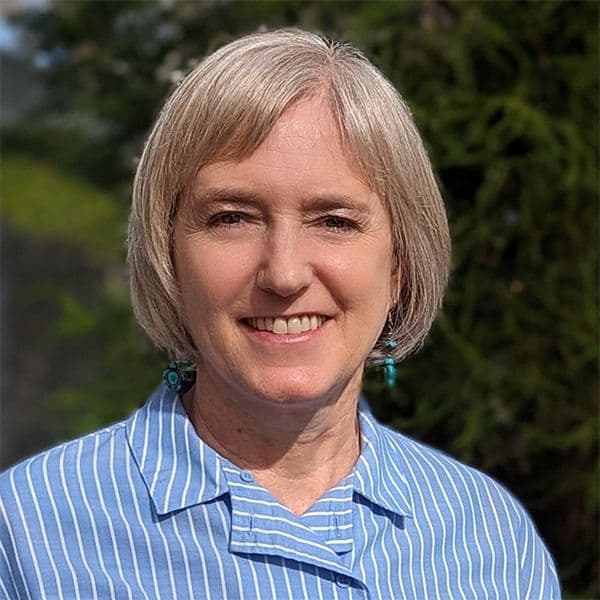News
Aug 10 '25
High School Students Explore AI, Remote Sensing, and Robotics at UC Davis Summer Tech Camp
#AIFS
#Education

This summer, we welcomed more than 40 high school students from across California and beyond for the High School Summer AI Tech Camp at UC Davis, a free, four-day STEM experience offered by the AI Institute for Next Generation Food Systems (AIFS) and CaliforniaView. The camp ran in two independent segments, Week 1 on remote sensing and Week 2 on AI with Raspberry Pi, introducing students to advanced technologies, hands-on projects, and career pathways in artificial intelligence, environmental monitoring, and robotics.
Week 1: From Pixel to Map
Twenty-one students from nine high schools participated in Week 1, Remote Sensing from Pixel to Map, held July 14–17. Led by Dr. Yufang Jin with assistance from postdoc Daniel Dixon and graduate student Liam Bhajan, students spent the first two days at the AIFS offices on the UC Davis campus before moving to the Hunt Hall computer lab for the final two days.
Guided by Dr. Jin’s curriculum, students:
- Learned core concepts of remote sensing, spectral signatures, and real-world applications
- Built and tested STELLA-Q2 spectrometers using NASA kits
- Collected and analyzed spectral signatures from a variety of surfaces, from plant leaves to pavement
- Explored Google Earth Engine (GEE) using JavaScript for satellite image processing and use cases like land cover classification and urban heat islands
- Played JEOPARDY! to distill key concepts learned in a fun way
The week concluded with certificates and Mochinut donuts, celebrating the students’ first steps into satellite data analytics and environmental monitoring.
Week 2: Coding AI with Raspberry Pi
Week 2, held July 21–24, drew 23 students from ten high schools for Code AI with Raspberry Pi. Led by Dr. Zhaodan Kong, with graduate assistants Prabhash Ragbir and Yuzhang (Victor) Huang, the program combined morning instruction at AIFS with afternoon labs in Hunt Hall.
Students learned Python programming basics, neural networks, computer vision, and edge computation techniques, then applied them to team AI projects using Sony’s Raspberry Pi AI Camera. Project topics included:
- Counterfeit Currency Detection
- Human Motion Detection
- Fruit Identification for Agriculture
- Playing Card Detection for Accessibility
- People Detection for Automated Security and Defense
- Emotion Detection
- Playing Card Detection for Game Integrity
The final morning featured student presentations, showcasing each team’s problem-solving process, dataset use, and real-world applications. In the afternoon, the group visited the UC Davis Center for Space Exploration Research’s Cyber-Human-Physical Systems Lab to see drone flight demonstrations and learn how UAVs are used in research.
Cookies and certificates rounded out the day, celebrating the students’ achievements in embedded AI development.
Building Skills for the Future
The High School Summer AI Tech Camp reflects AIFS' and CaliforniaView’s mission to equip the next generation with technical knowledge and problem-solving skills. At a time when students are deciding where and what to study after high school, the camp shows how STEM skills can be applied in fields like agriculture, food systems, and environmental science — introducing career paths they may not have considered and inspiring new possibilities.
Expanding Access to Curriculum
With grant support from Google.org in conjunction with the AI Institutes Virtual Organization (AIVO), the content from each segment of this year’s summer camp is being developed into a repeatable curriculum. The instructional team is collaborating with AIVO Instructional Designer Camille Woods to make this resource available to other educators, extending the camp’s impact beyond UC Davis.
Acknowledgments
AIFS thanks Dr. Yufang Jin and her team, postdoc Daniel Dixon and graduate student Liam Bhajan, for leading Week 1, and Dr. Zhaodan Kong with graduate assistants Prabhash Ragbir and Yuzhang (Victor) Huang for leading Week 2. Special thanks to AIFS Associate Director Steve Brown and Head of Communications and Engagement Kristin Singhasemanon for organizing and hosting the camp.







































